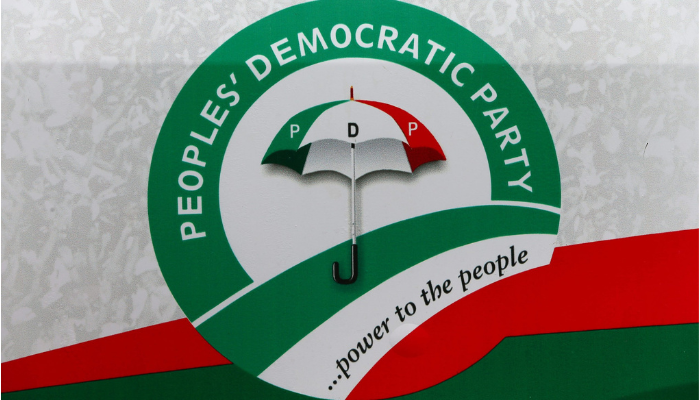Nigerian banks and Money Transfer Operators (IMTOs) have ceased the payment of dollars to their customers. This decision comes following the issuance of revised guidelines by the Central Bank of Nigeria (CBN) on January 31.
Several banks notified their customers on Friday that they would no longer be able to receive dollars from family and friends abroad. Ecobank Nigeria, among others, informed its customers of the regulatory changes impacting international money transfers into Nigeria through various IMTOs such as Western Union, MoneyGram, Rapidtransfer, and Ria.
According to the new guidelines, all inbound money transfers to Nigeria must be paid in naira through a bank account or in cash at the prevailing exchange rate in the Nigerian Foreign Exchange Market. Additionally, transfers exceeding the naira equivalent of $200 must be credited to the recipient’s bank account, with naira cash payments for amounts below $200 requiring acceptable means of identification.
The CBN’s revised directives also restrict IMTOs from conducting outbound transfers and mandate that beneficiaries of all inbound money transfers to Nigeria are paid in naira, either in cash or through a bank account. Furthermore, funds exceeding $200 must be paid through a bank account.
While banks are prohibited from operating international money transfer services directly, they can act as agents, and many already do. Financial technology companies are also barred from obtaining approval for IMTO services.
In response to the CBN’s directives, IMTOs like World Remit and Sendwave have updated their services to accommodate the new regulations. World Remit, for instance, has discontinued support for transfers in USD to Nigeria, urging customers to send money in naira instead.
Commenting on the CBN’s move, stakeholders expressed mixed sentiments. Aminu Gwadebe, President of the Association of Bureau De Change of Nigeria, welcomed the decision, stating that it would discourage the dollarization of the economy. However, others emphasized the need for stringent monitoring to ensure the effectiveness of the directives.
Financial and economic experts stressed the importance of increasing supply in the forex market to address liquidity challenges effectively. Despite differing opinions, many agree that the CBN’s measures aim to stabilize the economy amidst prevailing forex challenges.
As Nigeria grapples with these changes, stakeholders await further developments and adjustments in the financial landscape. The effectiveness of these measures in addressing currency challenges and promoting economic stability remains a subject of ongoing scrutiny.




